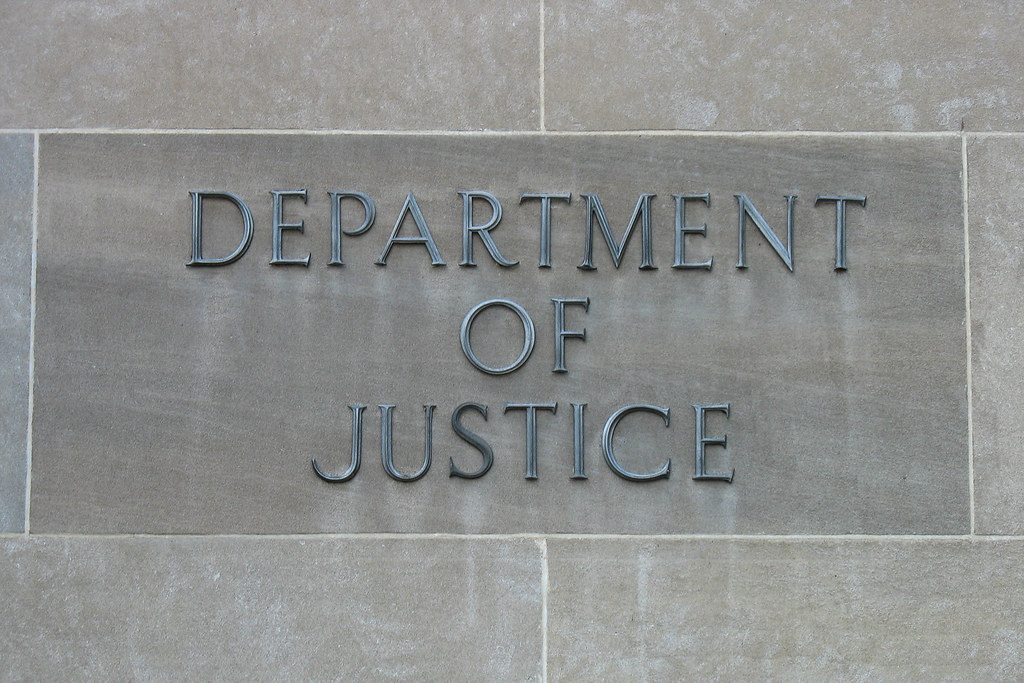Reporters Committee statement on report that Trump Justice Department secretly obtained journalists’ phone records

On Friday, the Washington Post reported that the Justice Department under former President Donald Trump secretly obtained the phone records of journalists at the news organization over their reporting on Russian interference in the 2016 presidential election. According to the Post, the Justice Department also attempted to obtain the journalists’ email records.
Bruce Brown, executive director of the Reporters Committee for Freedom of the Press, made the following statement:
“Whenever the government seeks to obtain records of journalists’ communications, it raises serious First Amendment concerns because it interferes with the free flow of information to the public. For exactly that reason, the Justice Department has guidelines in place that require, with only narrow exceptions, notification to an affected news organization before federal prosecutors can seize a journalist’s toll records.
“It is imperative that the new Justice Department leadership explain exactly when prosecutors seized these records, why it is only now notifying the Post, and on what basis the Justice Department decided to forgo the presumption of advance notification under its own guidelines when the investigation apparently involves reporting over three years in the past.”
Since 2013, the Reporters Committee for Freedom of the Press has led a group of media organizations in working with the Department of Justice to strengthen and preserve the federal guidelines that protect journalists and news outlets from being forced to disclose their confidential sources or other newsgathering records in the course of leaks probes or other federal investigations. The Reporters Committee regularly files friend-of-the-court briefs and its attorneys represent journalists and news organizations pro bono in court cases that involve First Amendment freedoms, the newsgathering rights of journalists and access to public information. Stay up-to-date on our work by signing up for our monthly newsletter and following us on Twitter or Instagram.
Photo by Peter E